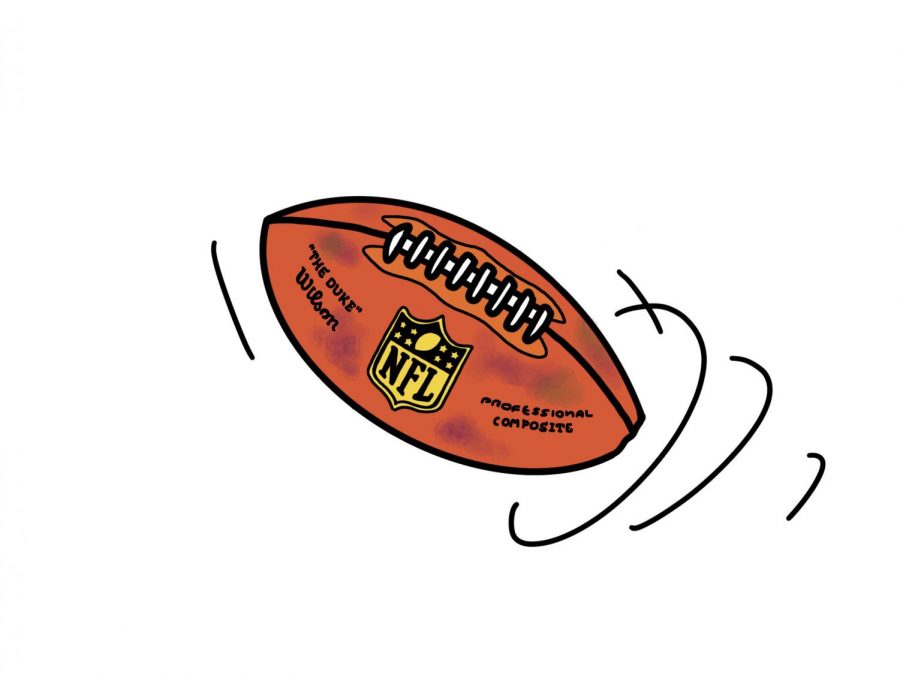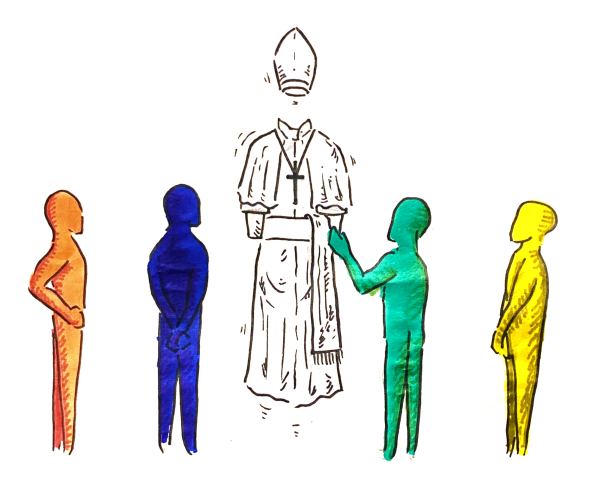Punt Abusers From the NFL
“Reuben [Foster] threw my clothes off the balcony, he threw my stuff out the house, he dragged me down the stairs two, three times, he punched me in my face two, three times, he pulled me by my hair, kicked me, spit on me.”
The incident that Elissa Ennis recounted occurred on Saturday, November 24, and resulted in the arrest of her boyfriend, Reuben Foster, and his subsequent release by the 49ers.
Within three days, however, another NFL team picked him up.
Reuben Foster is just one of many examples of the National Football League’s failure to ethically address domestic violence allegations against its players. Players who are accused and even convicted often face little to no punishment, rarely earning suspensions longer than five to six games, a slap on the wrist compared to the money these players will make during the rest of the season. Those who are released by their teams, such as Reuben Foster and Adrian Peterson, are often signed by another team shortly afterwards.
Four years ago, a video surfaced of then-NFL star Ray Rice assaulting his fiancée Janay Palmer. After the disturbing video was released to the public, NFL commissioner Roger Goodell pledged to be more diligent in investigating domestic violence allegations. In the four years since that scandal, however, the NFL has miserably failed to fulfill Goodell’s promise. Apart from Foster, former Dallas Cowboys defensive end Greg Hardy and current Kansas City Chiefs wide receiver Tyreek Hill have both benefited from teams’ willingness to ignore instances of domestic violence. In the case of Hill, it was revealed that his team, the Kansas City Chiefs, purposefully chose to turn a blind eye to reports of domestic abuse made before the release of the incriminating CCTV footage.
Critics claim that the NFL’s investigations are not thorough enough, with multiple instances in which tabloid news website TMZ procured video evidence before the NFL’s investigation team. They also argue that the league’s punishments are too forgiving. Toni Van Pelt, president of the National Organization for Women, said in a written statement that “all employers — especially ones with a profile as large as the NFL — have an obligation to…put procedures into place that protect victims.” The N.O.W. had previously called for Goodell’s resignation.
On Friday, November 30, TMZ released a video of Kareem Hunt assaulting a young woman in a hotel corridor. Hunt, one of the most electrifying players in the league, was a huge part of the Chiefs’ high-scoring offense. Nonetheless, hours after the footage was released, the Chiefs cut Hunt from the team. Fans and executives across the league lauded the Chiefs for their decisiveness and ethics.
Hunt is 23 years old and was one of the league’s best backs while he was playing. Will he end up like Reuben Foster, snapped up by a team desperate enough for success that they are willing to overlook his behavior? As much as Roger Goodell and the league office may want to get domestic violence issues right, they have little power when it comes to regulating individual team’s operations. Instead, they can only hope that owners’ consciences will be enough to prevent them from undermining the league’s efforts. If history is any indication, it will not be.
The NFL isn’t the FBI. It cannot be reasonably expected to prosecute its players for breaking the law. However, in no other business would an employee with a history of mistreating women be so easily absolved of fault. NFL teams are like businesses; when they win, they profit, and often that comes before morality. If there remains doubt about whether or not a player is guilty of disturbing misconduct, the league needs to step in and prevent other teams from picking up that player until the issue is resolved. If not, teams, and the entire league, will suffer.






